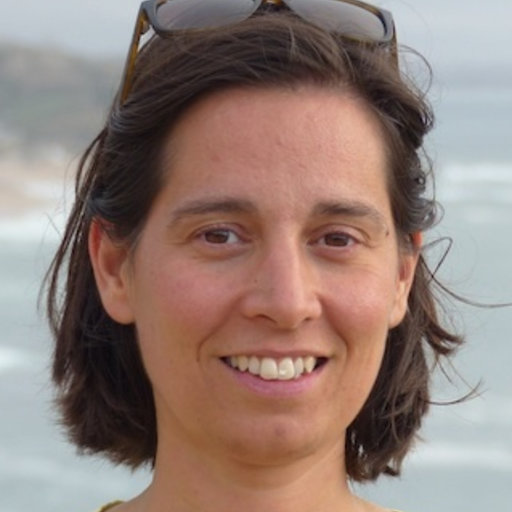This is a hybrid event. Join in person at the LCSB or tune in via Webex here.
Identifying prognostic biomarkers in oncology and rheumatology using sparse regularised models
The advancements in molecular and cellular technologies have revolutionised biological research, leading to an exponential growth in the volume and complexity of omics data, which is offering unprecedented opportunities for knowledge discovery. However, the high dimensionality of these datasets often renders traditional regression methods ineffective due to issues of non-identifiability in parameter estimation. Sparse regularised models have emerged as powerful tools to address these challenges, leveraging additional constraints to achieve robust and interpretable solutions.
I will present an overview of recent sparse methods in survival analysis using Cox models and also for classification problems through sparse logistic regression. In particular, I will illustrate how network-based regularisers based on the graph structure of the underlying features networks can bring additional constraints, namely by promoting hubs (DegreeCox), but also identifying common signatures in prostate/breast cancer (twiner) and metastisation biomarkers in colorectal cancer (TCox). Finally, I will exemplify the use of joint models to analyse longitudinal data from electronic health records.
These studies underscore the potential of sparse regularised models in uncovering clinically relevant biomarkers, thereby contributing to personalised medicine approaches in oncology and rheumatology.
About the speaker
Susana Vinga is an Associate Professor at Instituto Superior Técnico (ULisboa), specialising in computational biology and bioinformatics. Her research spans systems biomedicine, dynamic modelling and optimisation of biological networks, and sparse methods for modeling high-dimensional omics data. She has authored over 100 peer-reviewed publications and led projects such as OLISSIPO, focused on advancing computational methodologies for clinical decision support. She has received several scientific awards (ULisboa/CGD) in Computer Science and Engineering for the impact of her publications.

The Causal Analysis of Biomedical Data Lecture Series is supported by the Luxembourg National Research Fund (FNR) RESCOM Program.

